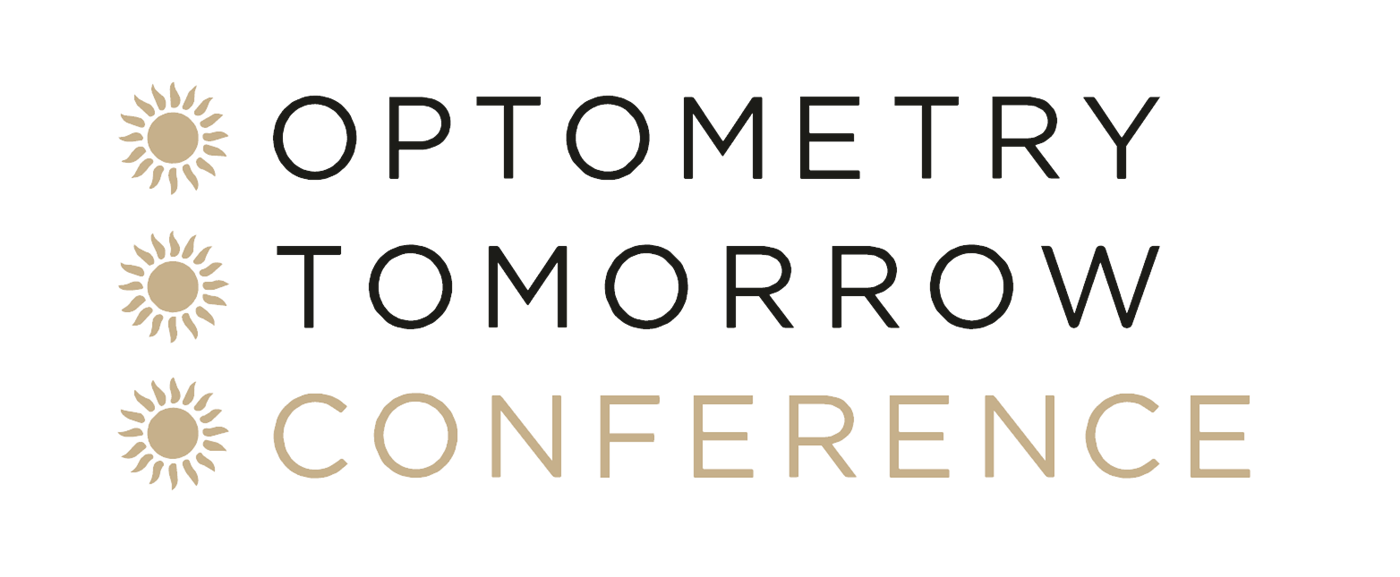LECTURE
1 CPD
Inherited retinal diseases and overview of gene therapy in eyecare
About the session
CPD ref: C-108316
Description
Inherited retinal diseases are the biggest single cause of blindness registration in working age individuals in several countries. Although the majority are untreatable, significant advances have been made in recent years in understanding the genetic basis and in making progress towards therapies. This session will discuss the latest in management of patients with inherited retinal disease, the top genetic causes, and new therapies on the horizon. The session will also discuss gene therapies that are being developed, both for inherited retinal diseases and for wider retinal conditions.
Target audience
- Optometrist.
Domains and learning outcomes
Clinical practice
s.5 Keep your knowledge and skills up to date.
- Understands the current management of inherited retinal diseases and the burden of vision impairment associated with them.
s.7 Conduct appropriate assessments, examinations, treatments and referrals
- Understands when onward referral is appropriate with respect to inherited retinal diseases, and the rationale for this.
Communication
s.1 - Listen to patients and ensure they are at the heart of decisions made about their care
- Understands the importance of the patient history, and what specifically to listen out for, relevant to inherited retinal disease (e.g. relating to night blindness or photoaversion and sequence of symptoms) that have relevance to different genetic diagnoses.
s.2 Communicate effectively with patients
- Able to elicit specific clinical features (e.g. nyctalopia) by asking appropriate direct questions and understand their relevance.
- Able to communicate to patients what their likely management might be in the hospital eye service, including the role of genetic testing.
Speaker

Professor Omar Mahroo

Omar Mahroo is a consultant ophthalmologist at Moorfields Eye Hospital and St Thomas’ Hospital, managing patients with inherited retinal disease. He is also Professor of Retinal Neuroscience at University College London.
Omar completed his medical degree and PhD at the University of Cambridge, and his ophthalmology training in London, including a retinal fellowship at Moorfields Eye Hospital. He leads a programme of research investigating retinal function in health and disease, having received several research grants, including a £1.1 million Wellcome Trust award. He has authored over 120 publications and several book chapters and regularly lectures internationally.
